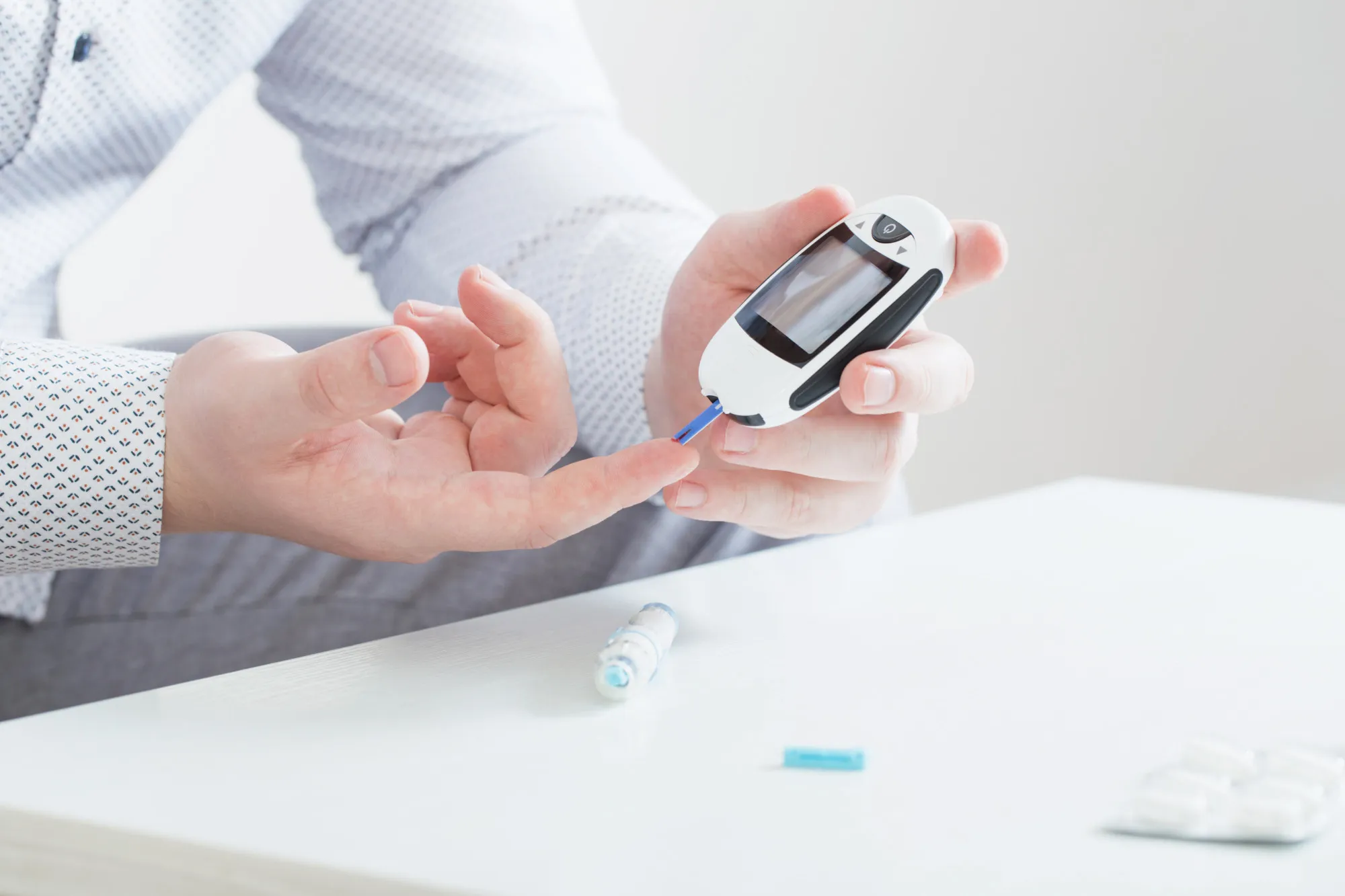The global fight against Type 2 diabetes (T2DM) continues as researchers tirelessly seek innovative ways to manage the condition. Recently, a systematic review and meta-analysis have shifted the spotlight to two unassuming devices – pedometers and accelerometers, which may just be game-changers for individuals grappling with diabetes. This research, detailed in the journal “Nutrition, Metabolism, and Cardiovascular Diseases,” presents compelling evidence of the benefits of physical activity interventions based on these gadgets. Delving into the study sparks questions on the effectiveness of these devices on clinical outcomes such as hemoglobin A1c (HbA1c), assists in understanding the nuances of their advantages, and raises discussions about the future of diabetes self-management tools.
The Study Scope: A Step in the Right Direction
The work of Vanessa L.P.V. de Oliveira, Tatiana P. de Paula, and Luciana V. Viana, associated with the Universidade Federal do Rio Grande do Sul and Division of Endocrinology at Hospital de Clínicas de Porto Alegre, stands on the premise that while physical activity is vital for diabetes management, the quantifiable impact of pedometers and accelerometers on diabetes indicators has been murky.
These researchers embarked on a rigorous systematic review and meta-analysis, adhering to the Preferred Reporting Items for Systematic Reviews and Meta-Analyses (PRISMA) guidelines, a gold standard for evaluating and synthesizing evidence across studies. The research was pre-registered with PROSPERO, an international database of prospectively registered systematic reviews in health and social care, enshrining the transparency and methodological rigor of their inquiry.
Methodology: Sorting Through the Data Maze
The study reviewed randomized controlled clinical trials (RCTs) that analyzed the effectiveness of pedometers or accelerometers in motivating increased physical activity in T2DM patients. Spanning records from inception until March 28, 2022, databases such as MEDLINE/PubMed, EMBASE, LILACS, and Scopus were scoured, resulting in 7131 non-duplicated articles. The scrupulous selection process boiled down to 24 RCTs that passed the stringent inclusion criteria, involving a total of 1969 patients.
Findings: A Step towards Better Health
The analysis yielded promising results, chiefly that both pedometers and accelerometers had a statistically significant impact on improving hemoglobin A1c levels among the diabetic population. The mean reduction in HbA1c was reported at -0.22%, an improvement that, while seemingly modest, is clinically important for managing T2DM.
Furthermore, these activity-tracking interventions also showed favorable outcomes on triglyceride levels, a lipid parameter often disturbed in diabetes, thus providing an added cardiovascular benefit. This newfound evidence is a beacon of hope, indicating that something as simple as using a pedometer or accelerometer can contribute to the intricate process of glycemic and metabolic control.
Discussion: A Balanced View on Diabetes Management
Delving into the study’s subtleties, we find that the mean baseline HbA1c of the experimental groups varied, emphasizing a personalized approach’s necessity in interpreting and implementing the findings. However, what stands out is the consistent direction of the effect—pointing towards improved control.
This meta-analysis is a step forward in endorsing pedometers and accelerometers as part of a comprehensive diabetes management plan. The devices serve as much more than just trackers; they are tools that empower patients to engage proactively with their health by providing real-time feedback, setting tangible goals, and fostering a sense of achievement.
Reflections and the Road Ahead
The researchers prudently highlight the need for further high-quality, large-scale studies to ascertain the full spectrum of benefits associated with pedometer and accelerometer-facilitated physical activity interventions in the T2DM demographic. With questions lingering on long-term adherence, effect sustainability, and real-world applicability, continued exploration in this domain is paramount.
Relevance and Implications for Practice
For healthcare professionals, this study is a clarion call to integrate evidence-based digital health tools into patient care. In an age where technology is permeating all aspects of life, leveraging these devices could be a critical element in the multifactorial approach to diabetes management.
Conclusion: Empowerment Through Technology
The study by de Oliveira et al. is a testament to the progressive nature of diabetes care. It broadens the horizon for the clinical utility of pedometers and accelerometers, painting a future where management of chronic conditions like T2DM is not only about medication and diet but also about the innovative use of technology to enhance patient engagement and health outcomes.
References
1. de Oliveira, V.L.P.V., de Paula, T.P., Viana, L.V. (2023). Pedometer- and accelerometer- based physical activity interventions in Type 2 diabetes: A systematic review and meta-analysis. Nutrition, Metabolism, and Cardiovascular Diseases, S0939-4753(23)00479-9. https://doi.org/10.1016/j.numecd.2023.11.017
2. The PRISMA Statement. (2009). Preferred Reporting Items for Systematic Reviews and Meta-Analyses: The PRISMA Statement. http://www.prisma-statement.org/
3. PROSPERO. (2022). International Prospective Register of Systematic Reviews. https://www.crd.york.ac.uk/prospero/
4. EMBASE. (2022). Excerpta Medica database. https://www.embase.com
5. Scopus. (2022). Abstract and citation database of peer-reviewed literature. https://www.scopus.com
Keywords
1. Type 2 Diabetes Management
2. Physical Activity Interventions
3. Health Technology for Diabetes
4. Pedometer Diabetes Study
5. Accelerometer Diabetes Control
